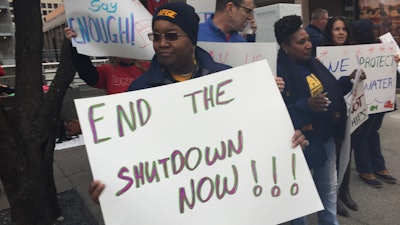
As part of the partial government shutdown and required staff furloughs, the Environmental Protection Agency (EPA) has suspended the processing of engine certifications. Manufacturers can still make engines, but they cannot ship or sell them without the proper certification. Additionally, engines and the products they power shipped from overseas could be forced to sit at ports, awaiting required certification.
“The manufacture and shipment of our members’ products is, in many cases, subject to seasonal demand, making the uninterrupted and efficient certification of engines by the EPA absolutely essential,” wrote Kris Kiser, president of the Outdoor Power Equipment Institute (OPEI), in a letter to President Trump. Kiser also sent the letter to leadership in the House and Senate. “I urge you to work with Congressional leadership to immediately open those parts of the government currently shut down, including the EPA, which is essential for the conduct of normal business by our industry.”
The OPEI and the Truck and Engine Manufacturers Association (EMA) met with the California Air Resources Board (CARB) to discuss small engine emission modeling and the development of the state’s new emission regulations, which could dramatically impact the future market for engine-powered equipment in the state. The CARB is developing a new rule that aims to reduce emissions from the off-road equipment sector by more than 80 percent by 2031. The OPEI and EMA presented industry data and an updated model that disputes CARB’s analysis, and forecasts an almost 50 percent reduction in the sectors’ emissions by 2031.
The CARB’s existing model projects small engine emissions to increase through 2031. The OPEI’s model takes into account the mid-2000s housing crash, the Great Recession, California’s decades-long drought and recent strong electric product growth leading to a slower rate of engine-powered equipment adoption in the state. Industry remains optimistic that, by sharing industry data, the CARB may recognize opportunities to update its current rulemaking materials, and develop a model reflective of the current and future California small engine market. The OPEI looks forward to continuing to engage with the agency and working together to achieve the additional reductions needed in order for the state to meet clean air goals with minimal consumer impact.

![Doosan Bobcat Wacker Neuson Stack 2ec Js Pb V6e[1]](https://img.greenindustrypros.com/mindful/acbm/workspaces/default/uploads/2025/12/doosan-bobcat-wacker-neuson-stack2ecjspbv6e1.CPyyz8ubHn.png?auto=format%2Ccompress&bg=fff&fill-color=fff&fit=fill&h=100&q=70&w=100)


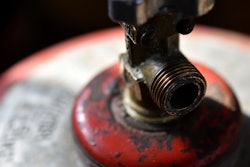
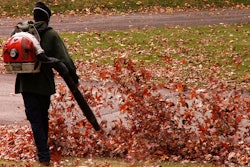
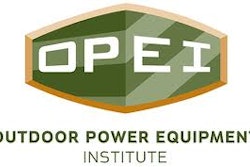
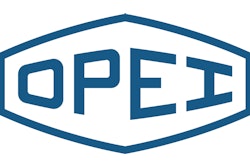


![Doosan Bobcat Wacker Neuson Stack 2ec Js Pb V6e[1]](https://img.greenindustrypros.com/mindful/acbm/workspaces/default/uploads/2025/12/doosan-bobcat-wacker-neuson-stack2ecjspbv6e1.CPyyz8ubHn.png?ar=16%3A9&auto=format%2Ccompress&bg=fff&fill-color=fff&fit=fill&h=135&q=70&w=240)








